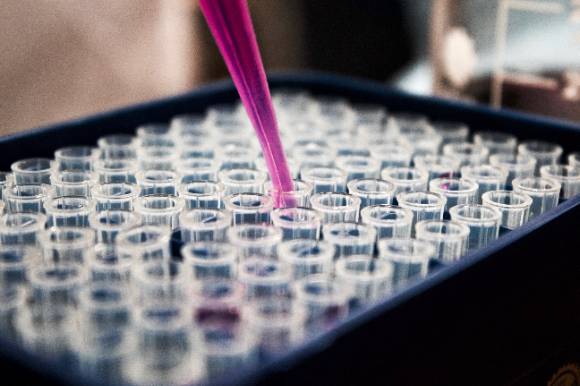
Potential antivirals in VDDB. (A) Annotated entry for each vaccine. (B) Annotated entry for each antibody. (C) Annotated entry for each small molecule. (D) Classification of viruses.Virus infection is....
2023-01-31
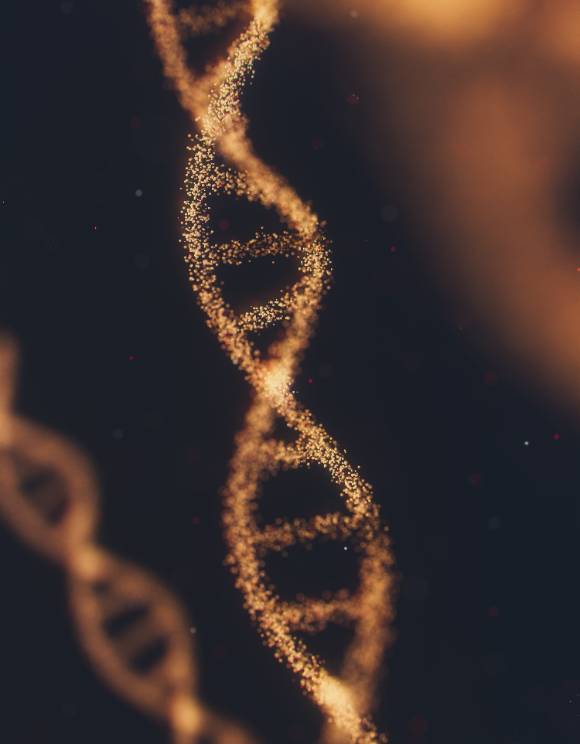
DNA origami technology. (A) Schematic shows the fabrication process of classic DNA origami nanostructures. (B) Representative two-dimensional DNA origami shapes. (C) Representative three-dimensional m....
2023-07-31
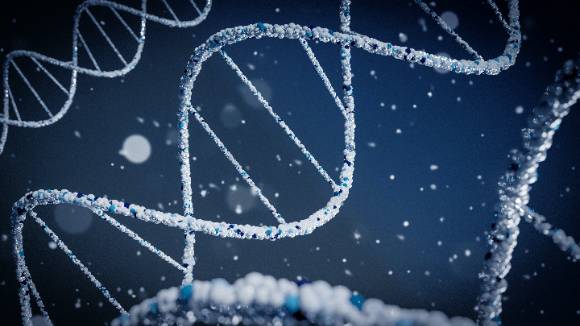
The strategy and applications of copper metabolism-based cancer therapy.Copper (Cu) is an essential trace element in the human body that is involved in the formation of several natural enzymes, such a....
2023-06-30
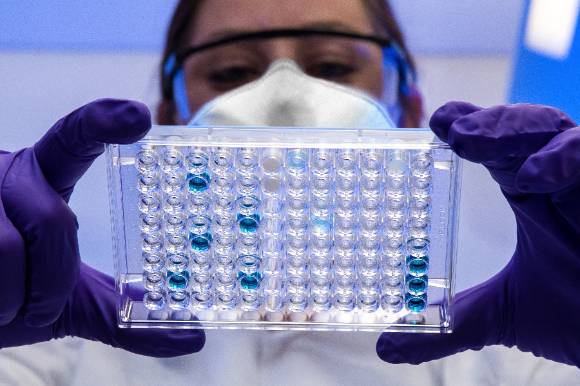
(A) Orodispersible films (ODFs) embedded with poorly water-soluble active pharmaceutical ingredients (APIs) formulated by various formulation strategies (image reprinted with permission from Ref.Orodi....
2023-05-31
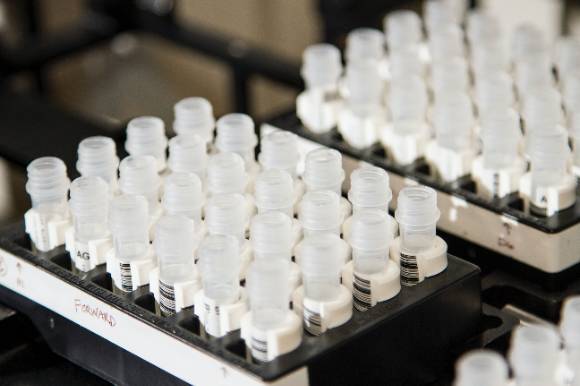
Mechanism of radiotherapy-induced abscopal effect combined with immunotherapy. CTLA-4, cytotoxic T-lymphocyte-associated antigen 4; PD-1, programmed death 1; PD-L1, programmed death-ligand 1; TNBC, tr....
2023-04-30
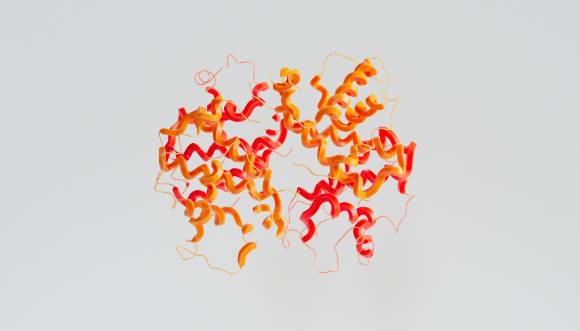
Two major barriers to topical ocular drug delivery. Reprinted with permission from Li et al.Due to high structural flexibility, multidrug carrying capability, and tunable size, dendrimers have been us....
2023-03-31
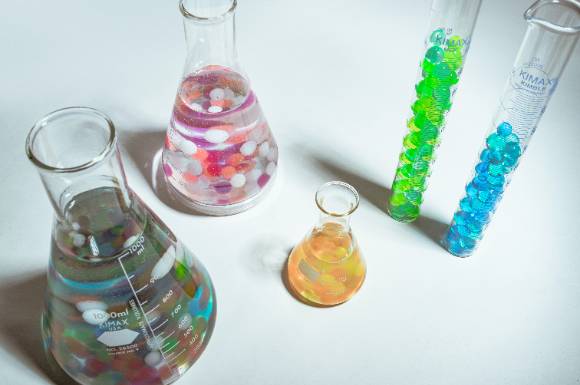
Crystal phase and chemical interphase characterization of rare-earth systems and their hybrids: (A, B) XRD patterns of as-dried rare-earths and rare-earth hybrid systems, respectively; (C) FTIR spectr....
2023-02-28
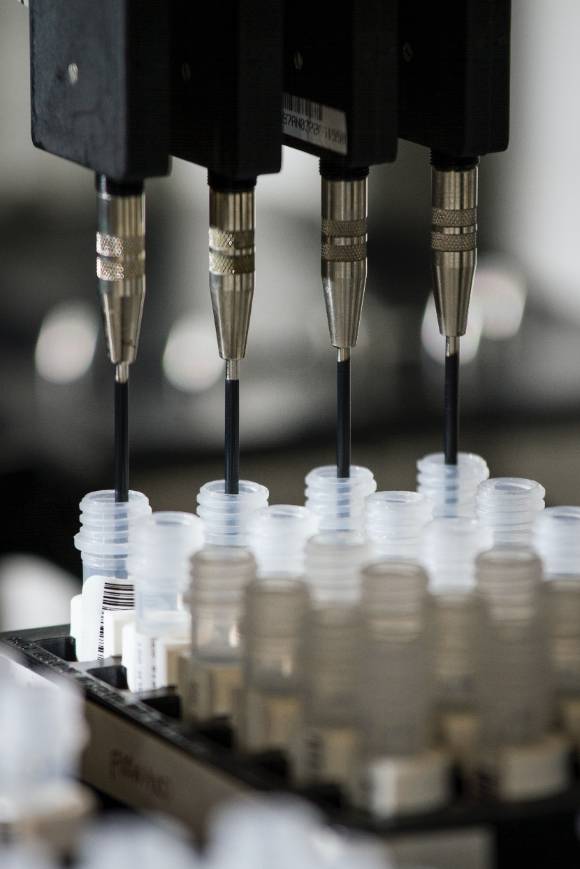
Imaging modes of scanning ion conductance microscopy (SICM). (A) In direct current (DC) mode, once the probe is close to the sample, the ion electricity decays rapidly. This key feature provides a fee....
2023-01-31
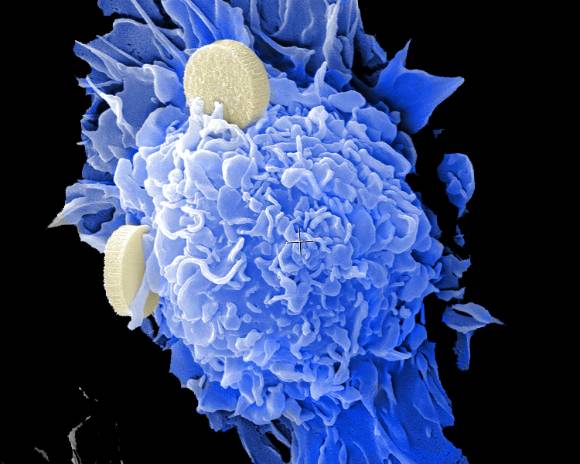
Schematic illustration of the regional codelivery of CAR-T cells and therapeutic agents via hydrogels for the treatment of solid tumors. CAR, chimeric antigen receptor.Chimeric antigen receptor (CAR)-....
2023-07-31
